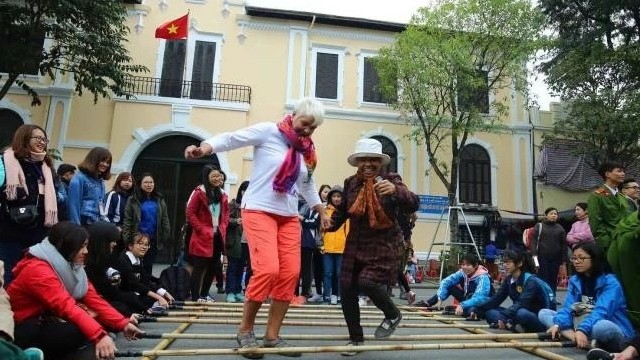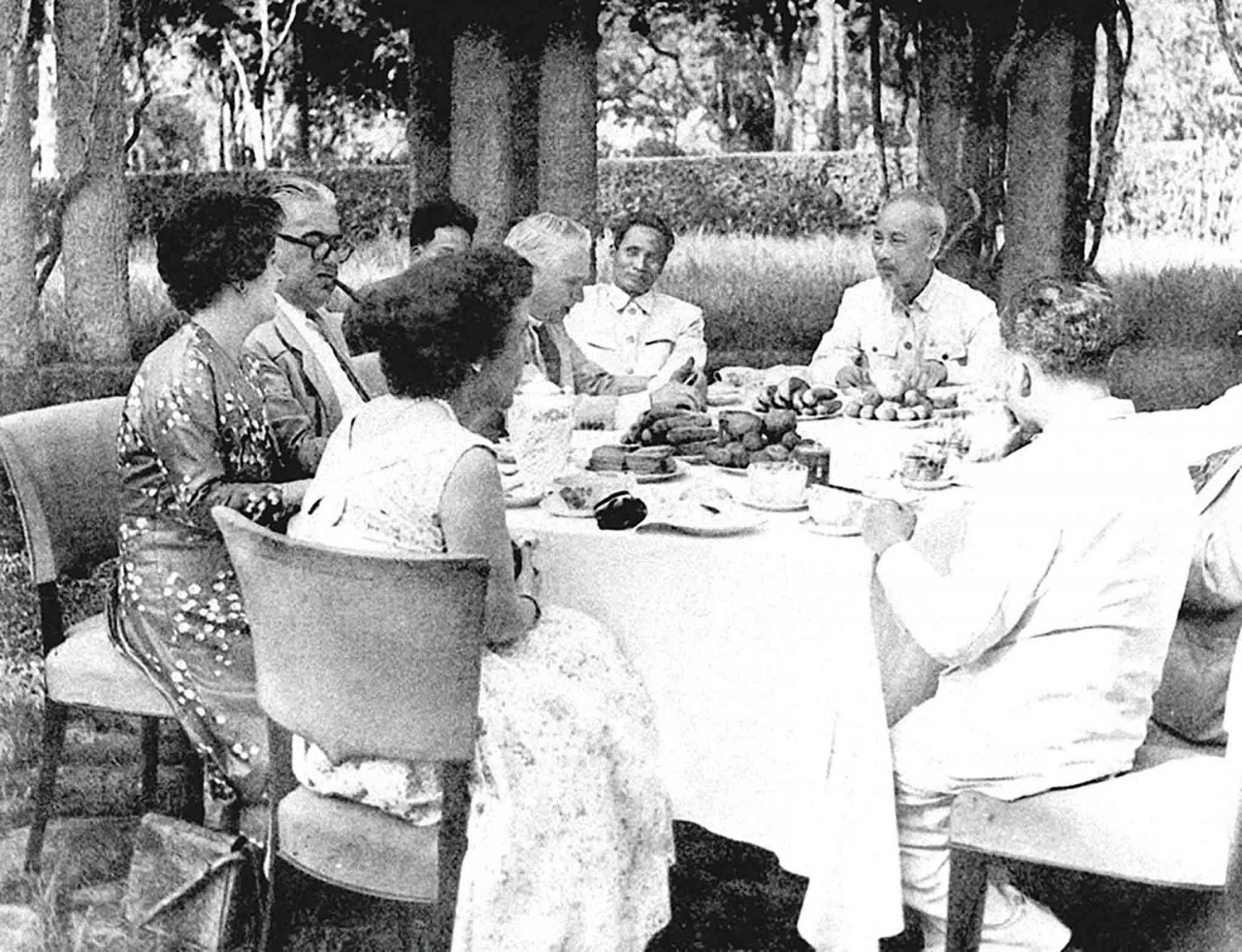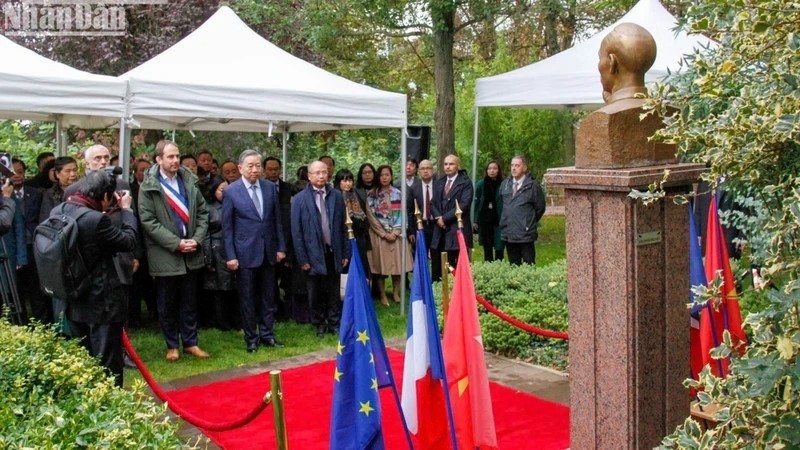Ho Chi Minh's Ideology on Revolutionary Moral Education for Students
| PM Participates in Launch of Plaque Commemorating President Ho Chi Minh in Brazil | |
| Restoration of the Ho Chi Minh Monument Park in Zalaegerszeg City |
Ho Chi Minh's ideology on revolutionary moral education for students
During his lifetime, President Ho Chi Minh highly valued the critical position and role of youth as the successors to the Party’s mission and the bearers of the nation’s future and destiny. Embarking on his journey to seek national salvation at a young age, his years abroad provided him with a comprehensive perspective on the importance of youth.
He emphasized, "Youth are the future masters of the nation. Indeed, whether the country prospers or declines, whether it is strong or weak, largely depends on its youth." He also affirmed that youth play a pivotal role in the nation's construction and development, serving as the cornerstone for building a new society.
President Ho Chi Minh always placed great trust in the younger generation for the revolutionary struggle and the nation-building cause. He inspired and mobilized youth to join the revolution through his own passionate and dedicated youthful years, driven by a fervent desire for national independence and freedom for his people.
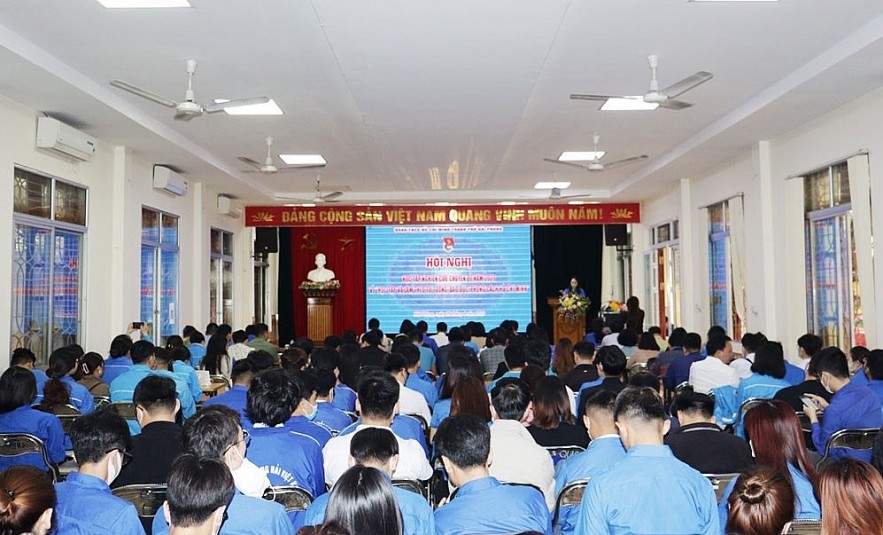 |
| On April 26, Hai Phong Ho Chi Minh Communist Youth Union organized a conference on "Studying and following Ho Chi Minh's ideology, morality and lifestyle" in 2023. |
Significant progress
In recent years, the moral education of students has achieved significant progress, contributing to the development of a generation capable of meeting the demands of national renewal. Vietnamese youth now enjoy improved environments and conditions for learning, training, and personal growth. These efforts have enhanced their qualifications, fostered revolutionary ideals, shaped their moral values and cultural lifestyles, and progressively cultivated well-rounded individuals. Most students have confidence in the leadership of the Party and the country's development path. They live responsibly toward the nation, their families, and themselves, with dreams and ambitions, equipped with knowledge, skills, good health, and dynamic, creative thinking.
The majority of Vietnamese students remain committed to and aligned with the Party's political direction, adhering to the policies and laws of the State while striving to learn, train, and contribute to productive labor. Many display positive attitudes, high awareness, and strong political consciousness, demonstrating a determination to excel and embodying the pioneering spirit of previous generations. They serve as role models for their peers. Vietnamese students consistently achieve high rankings in global intellectual competitions. Additionally, numerous exemplary individuals excel in their studies and work, particularly in the national renewal and international integration processes, affirming the vital role of the younger generation.
These achievements underscore the success of efforts to nurture and train the next revolutionary generation, demonstrating the Party and State's commitment to fostering young talent.
To improve revolutionary moral education for students, academic institutions and organizations need to implement the following measures.
First, strengthen leadership and coordination among management levels within schools and academies. Institutions should actively organize seminars and discussions on revolutionary ethics with reputable experts to enhance students' political resilience and critical thinking against hostile viewpoints.
Second, improve the quality of educators teaching Marxism-Leninism and Ho Chi Minh Thought. Lecturers must refine their skills to inspire students, stimulate intellectual curiosity, and encourage the application of learned political theories in real-life contexts. Teaching methods should focus less on lecturing and more on discussion, problem-solving, and interactive learning.
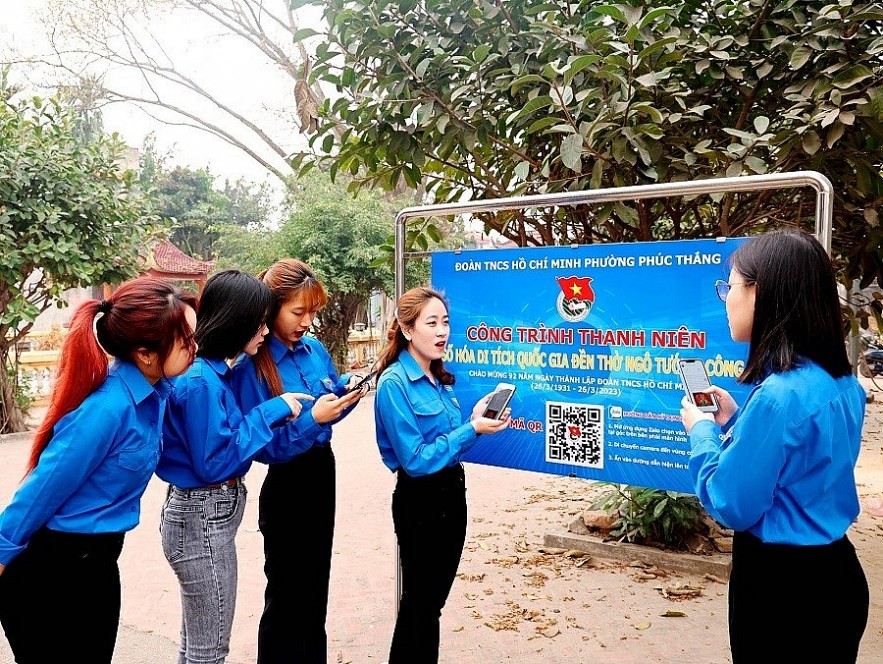 |
| Young people in Vinh Phuc deploy many activities to follow Uncle Ho's example. |
Third, modernize the content and curriculum of political theory courses to align more closely with students' realities. This includes connecting lessons to contemporary social issues, fostering pride in Vietnam’s revolutionary history, and instilling confidence in the nation’s current development under the Party’s leadership. Such efforts aim to ensure that students gain both theoretical knowledge and practical application.
Fourth, enhance the role of academic advisors, student affairs offices, and youth organizations in promoting revolutionary ideals. Academic advisors should understand students’ aspirations and guide them in their studies and extracurricular activities. Diverse forms of extracurricular education, including thematic talks, field trips, and political quizzes, should be developed to foster student engagement and a deeper understanding of political theory.
Finally, students must recognize their responsibility as future leaders of the nation. Beyond specialized knowledge, studying Marxism-Leninism and Ho Chi Minh Thought equips students with foundational theoretical knowledge and practical insights. This combination fosters independent thinking, sound judgment, and informed actions, empowering students to approach challenges effectively and contribute to national development.
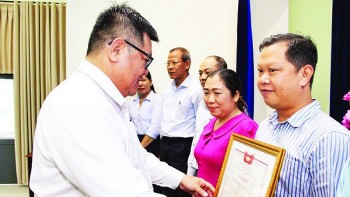 | Ho Chi Minh City: Maximizing Potential of Diplomatic Resources Building on the strong foundation laid in 2020-2024, Ho Chi Minh City has continued to excel in people-to-people diplomacy and outreach to overseas Vietnamese. These ... |
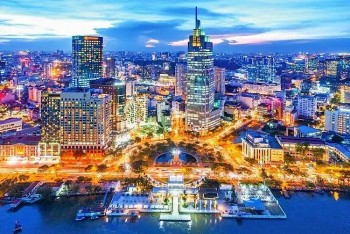 | Ho Chi Minh City Ranks Third In Southeast Asia For Startup Ecosystem Value Ho Chi Minh City ranks third in Southeast Asia regarding startup ecosystem value, with an economic impact of 5.22 billion USD, according to the Startup ... |
Recommended
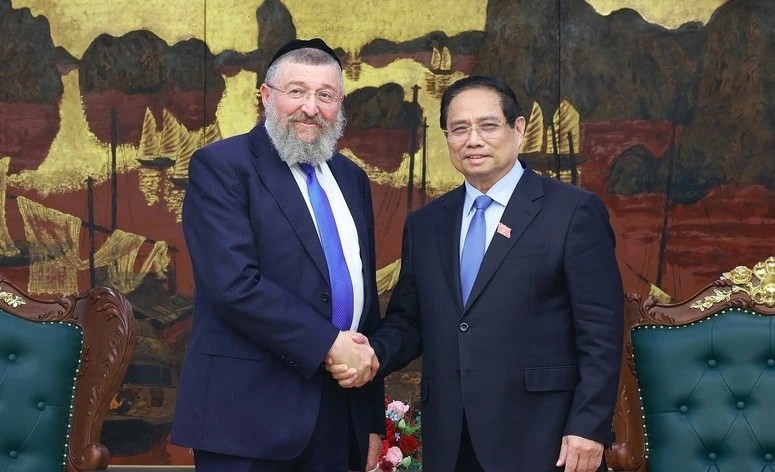 National
National
Vietnam News Today (May 22): Stronger Vietnam-Israel Cooperation Expected in Science, Innovation and Labor
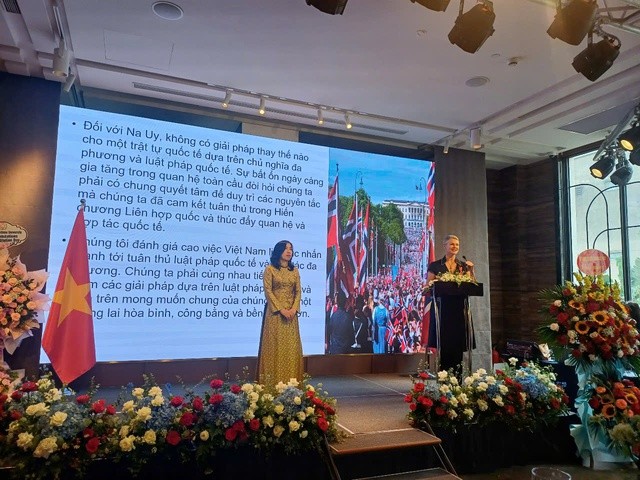 National
National
Vietnam News Today (May 19): Norway Hails Vietnam’s Continued Emphasis on Upholding International Law
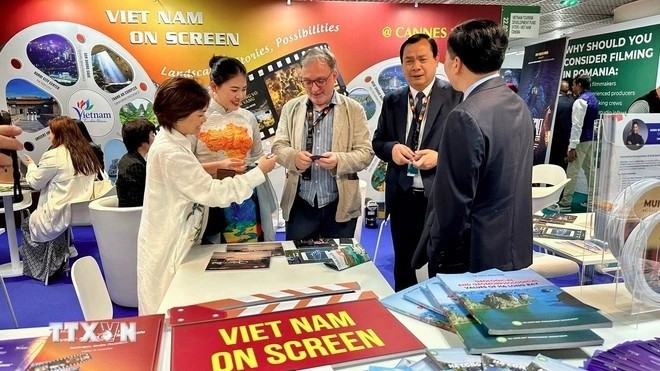 National
National
Vietnam News Today (May 18): Cannes 2025: Vietnam Rising as New Destination for International Filmmakers
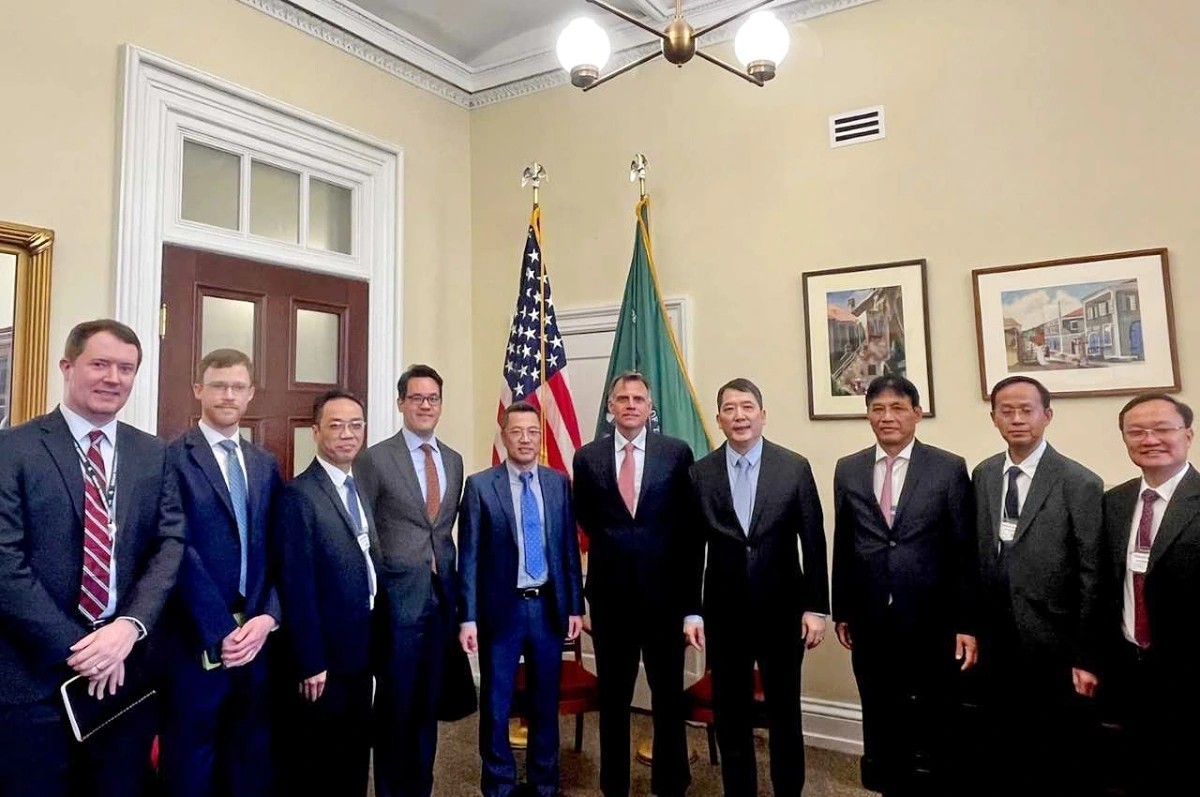 National
National
Vietnam News Today (May 17): Vietnam and United States Boost Financial Cooperation
Popular article
 National
National
Strengthening Vietnam-Thailand Relations: Toward Greater Substance and Effectiveness
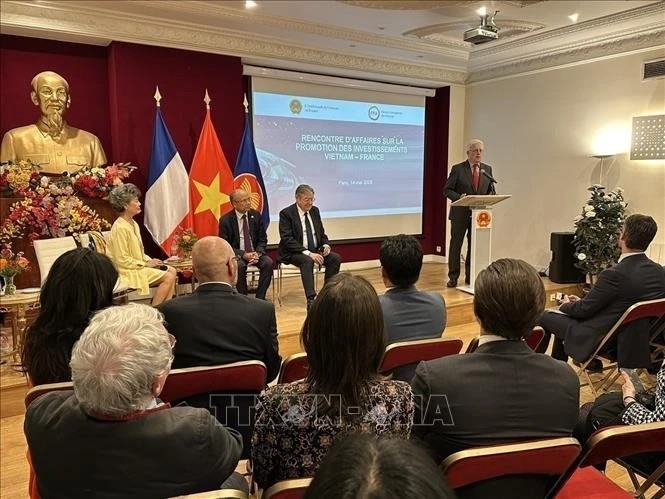 National
National
Vietnam News Today (May 16): Nha Trang Listed Among Top 15 Global Summer Destination in 2025
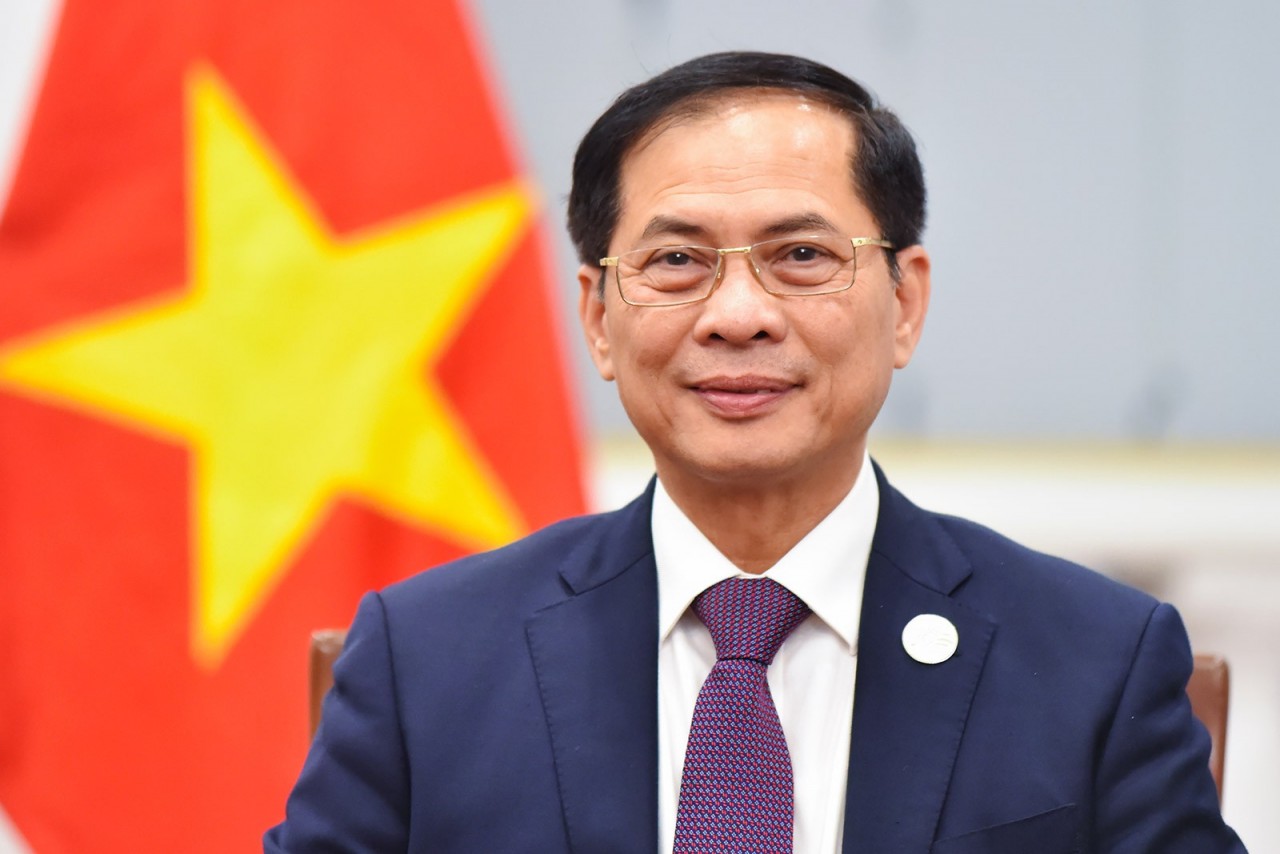 National
National
Four Notable Outcomes of General Secretary To Lam’s Four-nation Tour
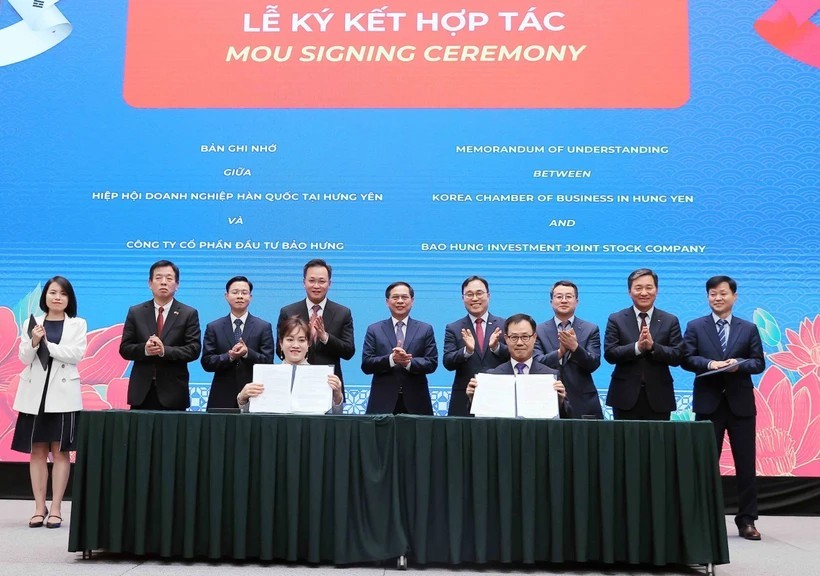 National
National





